Another Jeju Air plane has suffered a landing gear failure after South Korea's deadliest plane crash, which killed 179 people. Low-cost airline Jeju Air is reeling as customers cancel their tickets en masse and its stock price plummets.
South Korea's low-cost airline Jeju Air is in deeper crisis after another of its planes suffered a landing gear failure, just one day after a devastating disaster on December 29.
According to Yonhap News Agency, on December 30, a Jeju Air flight experienced a landing gear problem, forcing the plane to land back at Gimpo Airport immediately after takeoff.
The fault of this incident is similar to the situation of the plane that crashed on December 29, landing on its belly, skidding off the runway, crashing into a fence and catching fire at Muan International Airport, South Korea, causing 179 confirmed deaths out of 181 passengers and crew members.
The aircraft used was the same Boeing B737-800 as the crashed plane.
JoongAng Daily said Jeju Air is operating 41 aircraft, including 39 narrow-body Boeing 737-800s.
South Korea is considering a plan to "specially inspect" all Boeing 737-800 aircraft operating in the country, following the Jeju Air tragedy at Muan Airport. The Boeing 737-800 is the model used by most low-cost airlines in South Korea, according to Yonhap.
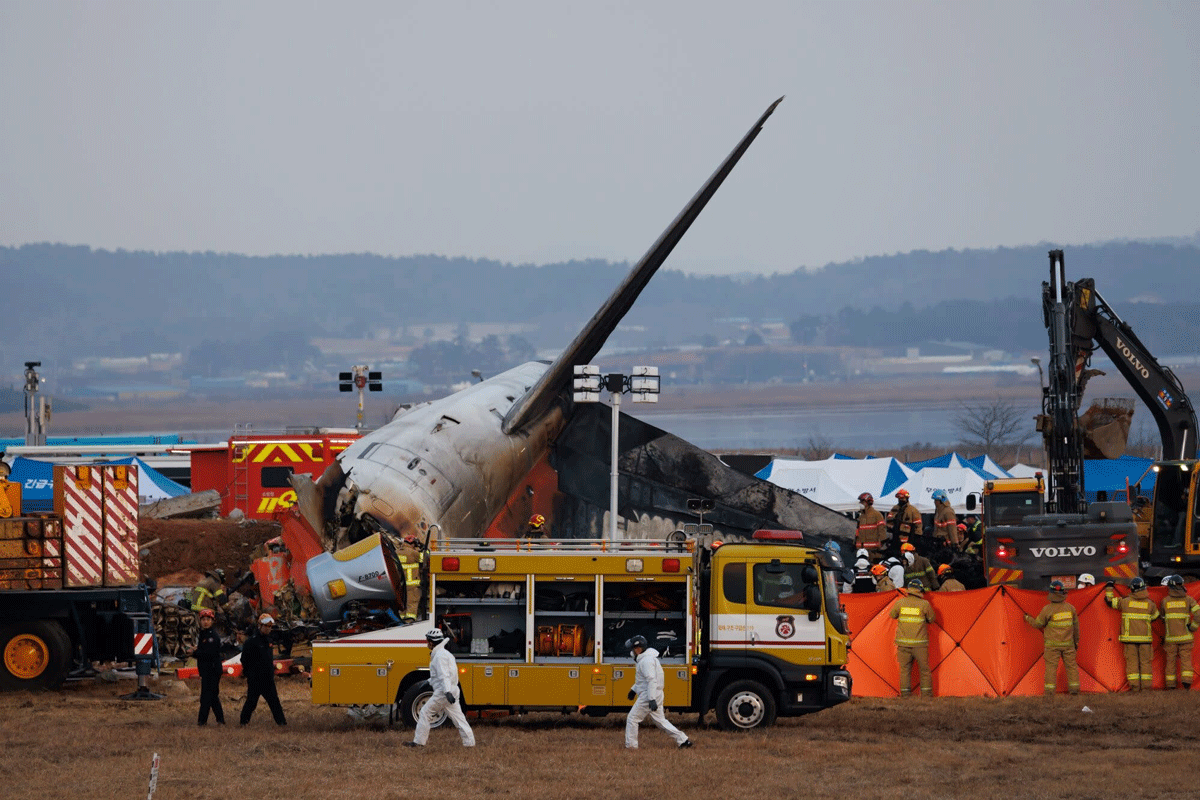
The tragedy on December 29, along with the new incident, could plunge Jeju Air into a full-blown crisis if it loses customer confidence. In just one day, nearly 70,000 flight tickets were canceled. Jeju Air shares plummeted.
Jeju Air shares fell nearly 8.7% to 7,500 won in trading on December 30. At one point, the stock fell nearly 16%, to its lowest level since the airline went public in 2015.
Cancelling tickets is understandable because safety is the top concern for customers.
According to Dailysabah , Song Kyung-hoon, head of the Management Support Department at Jeju Air, shared at a press conference that the cancellation rate at the airline is higher than usual. However, the number of new bookings remains stable.
Yang Seung Yoon, an analyst at Eugene Investment Securities, said it would take time to determine the cause of the crash. However, consumer sentiment would be hurt because reputation is important for low-cost carriers.
In the short term, the trend of flight cancellations is inevitable. However, the situation will return to normal if Korea finds the cause and safety issues are guaranteed. The structure of the Korean aviation industry in particular and the world in general is assessed to not change much. Statistics show that air transport has a much higher safety level than other forms.
South Korean authorities are investigating the cause of the December 29 crash. If the cause of the crash was a Boeing-related landing gear failure or a maintenance issue, Jeju Air could be in deep trouble. If it was an external factor, such as a bird strike, as some have suggested, the impact would be less severe.
In the past, many airlines have seen their stocks fall sharply after plane crashes. However, the declines have not been as steep and most stocks have recovered.
Only the case of Malaysia Airlines' MAS stock plummeted after two consecutive plane crashes within 4 months (MH17 and MH370) in 2014. Malaysia Airlines was also facing difficulties in its financial situation and business operations at that time.
The Boeing 737-800 is one of four main variants of the 737 Next Generation series, which has been in service since 1997. It is the third generation version of the Boeing 737, one of the world's most popular passenger aircraft.
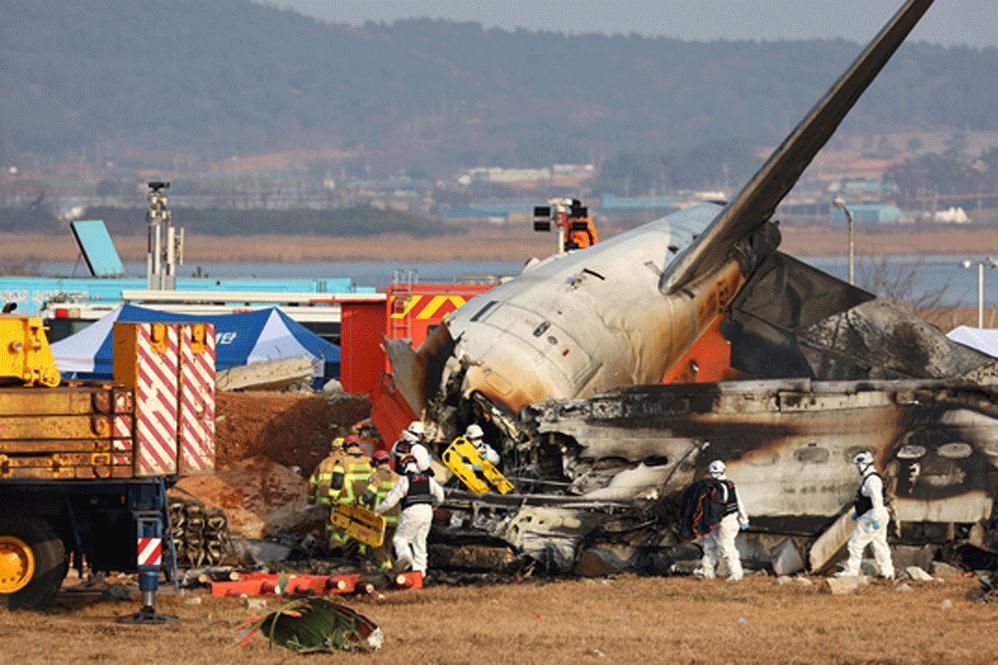
Source: https://vietnamnet.vn/tai-nan-may-bay-o-han-quoc-them-su-co-moi-khach-hang-huy-ve-jeju-air-lao-dao-2358348.html



![[Photo] Panorama of the cable-stayed bridge, the final bottleneck of the Ben Luc-Long Thanh expressway](https://vphoto.vietnam.vn/thumb/1200x675/vietnam/resource/IMAGE/2025/9/30/391fdf21025541d6b2f092e49a17243f)
![[Photo] President Luong Cuong receives President of the Cuban National Assembly Esteban Lazo Hernandez](https://vphoto.vietnam.vn/thumb/1200x675/vietnam/resource/IMAGE/2025/9/30/4d38932911c24f6ea1936252bd5427fa)
![[Photo] The 1st Congress of Phu Tho Provincial Party Committee, term 2025-2030](https://vphoto.vietnam.vn/thumb/1200x675/vietnam/resource/IMAGE/2025/9/30/1507da06216649bba8a1ce6251816820)
![[Photo] Solemn opening of the 12th Military Party Congress for the 2025-2030 term](https://vphoto.vietnam.vn/thumb/1200x675/vietnam/resource/IMAGE/2025/9/30/2cd383b3130d41a1a4b5ace0d5eb989d)
![[Photo] General Secretary To Lam, Secretary of the Central Military Commission attends the 12th Party Congress of the Army](https://vphoto.vietnam.vn/thumb/1200x675/vietnam/resource/IMAGE/2025/9/30/9b63aaa37ddb472ead84e3870a8ae825)


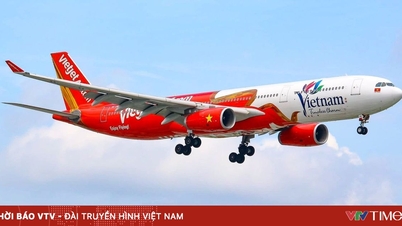

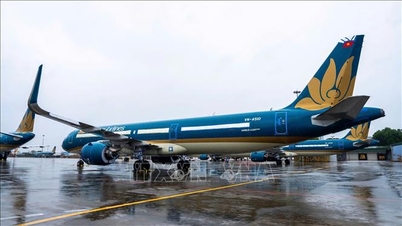



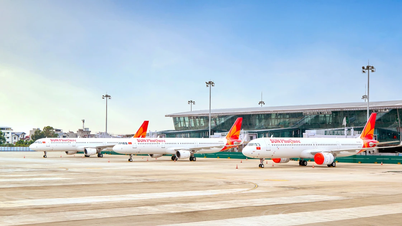
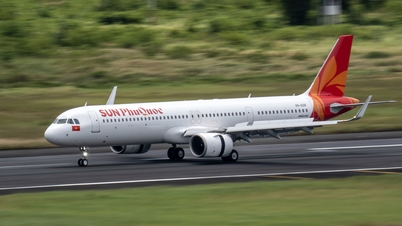









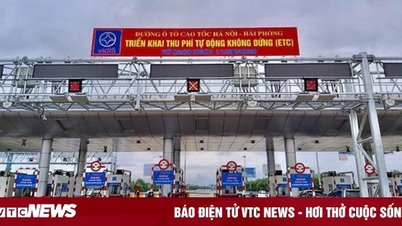
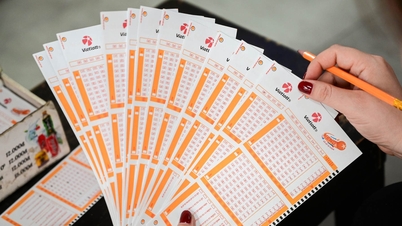









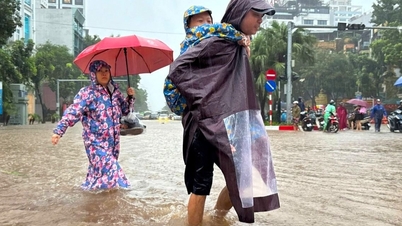






























































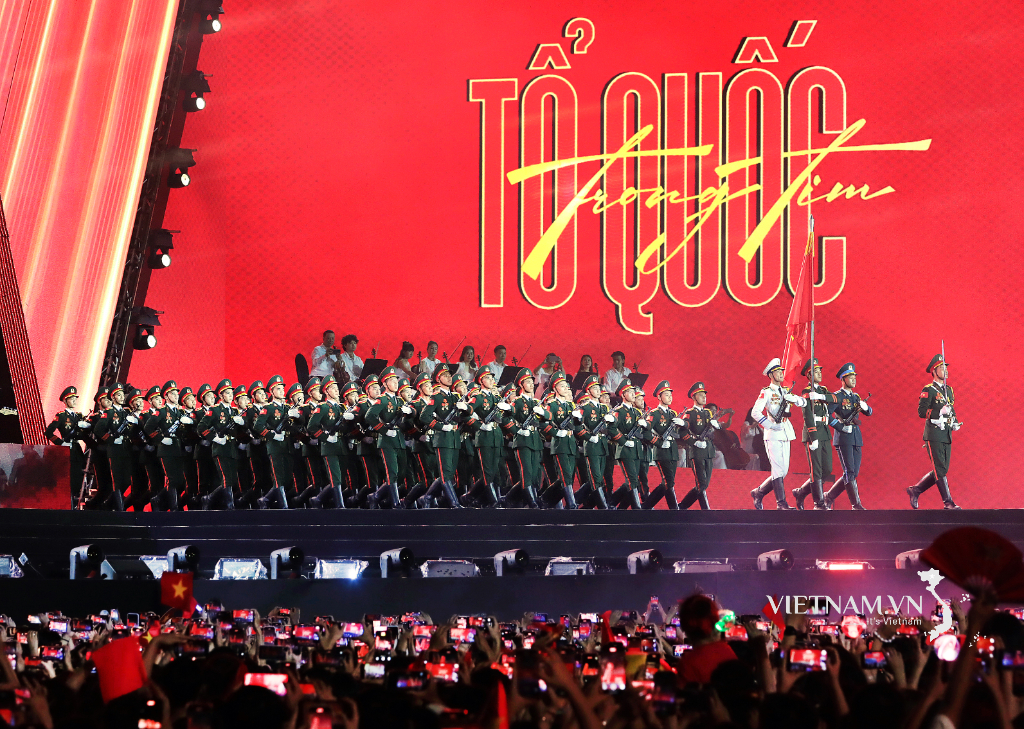



Comment (0)